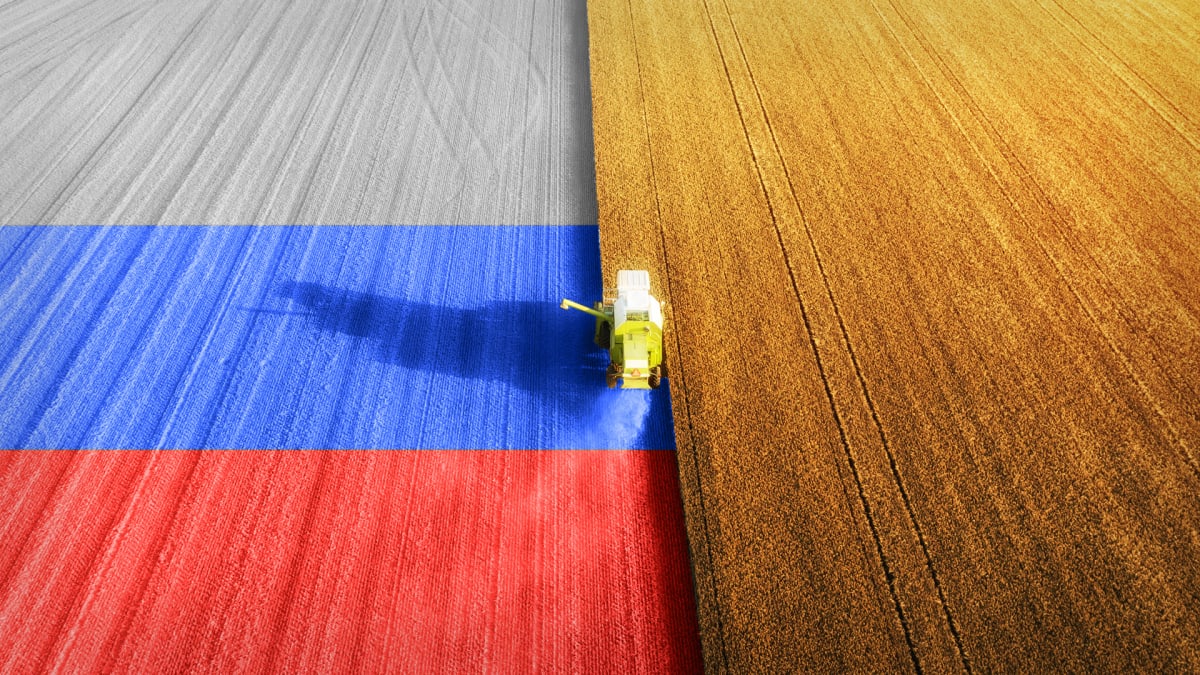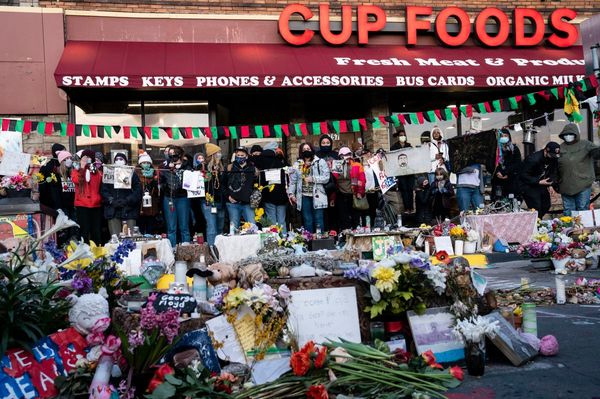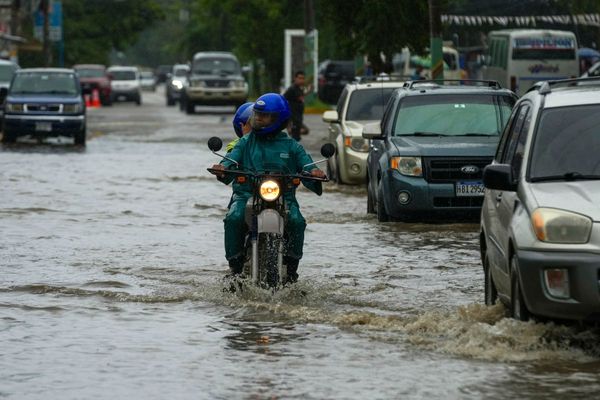
Elon Musk is once again coming to the rescue of Ukraine, after months of falling out of love with the Ukrainian authorities.
This fallout was borne from the desire of the billionaire, who became influential in geopolitics following the Russian war in Ukraine, to advocate for negotiations as the only way to end the conflict.
The CEO of the electric vehicle manufacturer Tesla (TSLA) was one of the very first big bosses in the world to take the side of Ukraine, after the invasion of the country by Russia on February 24, 2022. He didn't hesitate to provide Starlink, the satellite internet access service developed by SpaceX, his aerospace company, to the former Soviet Union country.
Starlink became the only communication system for the Ukrainian Armed Forces on the front lines, after Russian bombing destroyed the country's communication systems. It also allows ordinary people to tell their daily life under the invasion, thus neutralizing Russian propaganda.
Musk Backs Ukraine
But as the war dragged on, Musk offered a peace plan, believing peace was the only way out of a conflict that has already killed thousands and displaced millions more.
The problem is that this peace plan took up a large part of President Putin's demands. It unsurprisingly provoked the fury of the Ukrainian authorities, including President Volodymyr Zelensky. For the Ukrainians and their NATO allies, this war is a clash between democracy and dictatorship. Kyiv symbolizes the democratic camp while Putin's Russia, which invaded Ukraine without provocation, represents the dictatorship. The Kremlin should withdraw from Ukraine to end the war, Kyiv believes.
While Musk says he understands these arguments, he has repeatedly argued that the risk of this conflict is that it will turn into World War III with colossal consequences for the world, because Russia would not hesitate to use nuclear weapons.
It was in this context that Musk refused to allow Ukraine to use Starlink for military purposes, which angered the Ukrainian authorities. As a result, the gap has widened between Musk, Kyiv, and its supporters.
But an event that just unfolded could finally mark the beginning of a rapprochement between the two parties: The Kremlin just accused Ukraine of trying to kill President Putin, which the country has denied. Ukrainian officials have also warned that Moscow could use these charges to launch "a large-scale terrorist provocation."
Musk believes the Ukrainians and thinks that the Russian accusations are a "false flag."
"Strange days," the billionaire said on Twitter. "Seems more likely a false flag than an actual (weak) assassination attempt, but either are possible."
A brief reminder of the facts.
Russian Accusations
The tension rose a notch this Wednesday, May 3, between Ukraine and Russia, when the Kremlin issued a statement claiming that two Ukrainian drones attempted to hit the Kremlin complex overnight, the center of Russian power, under the guard of the Federal Protective Service (FSO), which provides personal security to Putin.
"We regard these actions as a planned terrorist act and an attempt on the President, carried out on the eve of Victory Day, the May 9th Parade, at which the presence of foreign guests is also planned," the Kremlin said in an unusual statement.
According to the presidency, the two drones were shot down using "radar warfare systems". There were no victims or material damage, the Russian government said.
"As a result of this terrorist act, the President was not injured. The schedule of [his] work has not changed, it continues as usual," the statement read.
Dmitry Peskov, Putin's spokesperson, told the Russian media that the Russian leader was not there at the time of the attack. He was, Peskov added, working in his official and ultra-secure residence of Novo-Ogaryovo, 25 kilometers west of Moscow.
The Russian side reserves the right to take retaliatory measures where and when it sees fit.
Immediately after the Kremlin statement, a series of videos, purporting to show the attack, suddenly appeared on multiple Russian-speaking Telegram channels.
One of these videos, the most spectacular, shows a flying machine exploding in a sheaf of flames above the dome of the Palace of the Senate, surmounted by a Russian flag, one of the main buildings in the enclosure of the Kremlin.
TheStreet has been unable to confirm the veracity of these videos and Russian authorities have not commented on them at this stage. Barely an hour after the accusations, Kyiv denied them and accused Russia of "staged” remarks.
"Of course, Ukraine has nothing to do with the drone attacks on the Kremlin," Mykhailo Podoliak, an adviser to Ukrainian president Volodymyr Zelensky, said in a message to reporters.
"Such remarks staged by Russia should only be considered as an attempt to prepare a context" that could serve as a pretext "for a major terrorist attack in Ukraine," he warned.
A few hours later, it was Volodymyr Zelensky's turn to react.
"We don’t attack Putin or Moscow,” he told the Nordic broadcaster TV2. "We fight on our territory. We’re defending our villages and cities. We don’t have enough weapons for these.”
Zelensky, who is visiting Helsinki, said the Ukrainians are leaving Putin to an international tribunal.
'Everyone Gets a False Flag'
These incidents come a few days before the celebrations, on May 9, of the 1945 Soviet victory against Nazi Germany, an essential date in the political agenda of the Kremlin, which poses as the successor to the power of the former Soviet Union.
For Musk, there is no doubt that the Russian accusations are a "false flag." To drive this message home, he used the famous Oprah giveaway meme. He replaced "you get car, everyone gets a car" with "you get a false flag, everyone gets a false flag."
A false flag is a military or political action taken with the intention of placing the blame on the adversary. Countries often use the false flag by staging a real or simulated attack on their own side and blaming the enemy for doing so. They then use it as a pretext to go to war. The expression originated in the 16th century, to describe the fact that pirates often waved the flag of a friendly country to attract merchant ships before attacking them.
The question is whether Russia will use this episode to launch and justify deadly strikes against Ukraine.







